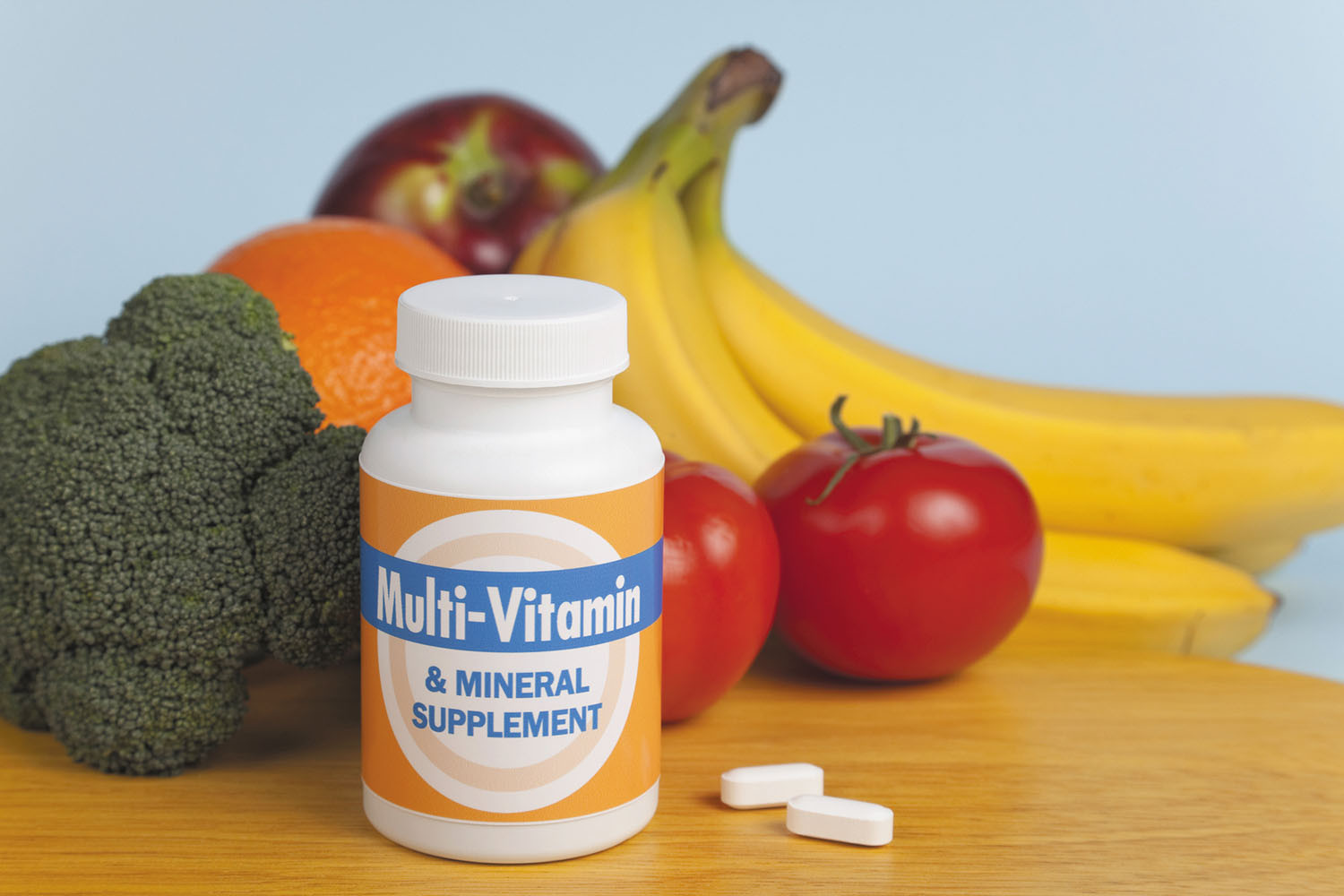Many people believe taking a daily multivitamin is a safety net that covers all nutritional gaps, allowing them to skip fruits, vegetables, and other nutrient-rich foods. While supplements can help in specific deficiencies, they are not a substitute for a well-balanced diet. Whole foods provide a complex mix of fiber, antioxidants, and phytochemicals that pills simply can’t replicate.
As a health writer and advocate with experience in nutrition counseling, I’ve spoken to countless individuals who assume a vitamin pill equals wellness. But studies show that excess supplementation can lead to imbalances or even toxicity, especially with fat-soluble vitamins like A and E. More importantly, relying solely on multivitamins often causes people to overlook the importance of real, diverse meals rich in color and texture.
The foundation of good health begins with food, not a capsule. Vitamins should support—not replace—your diet. Aim to eat a variety of whole foods daily, and consult a healthcare provider before adding supplements. Balanced nutrition comes from the plate, not the pill bottle.





